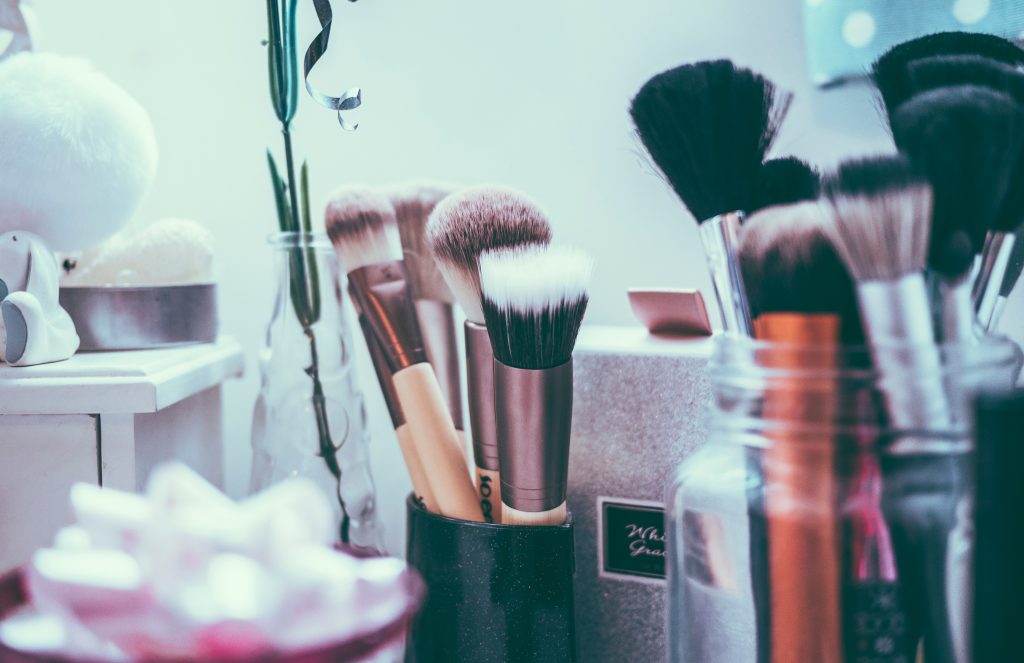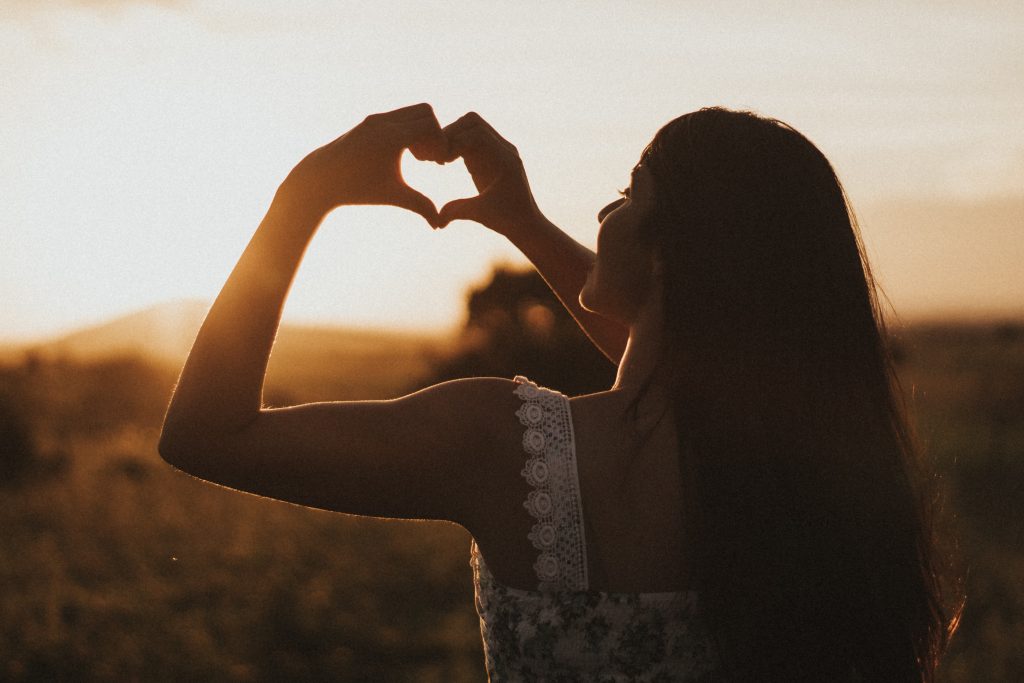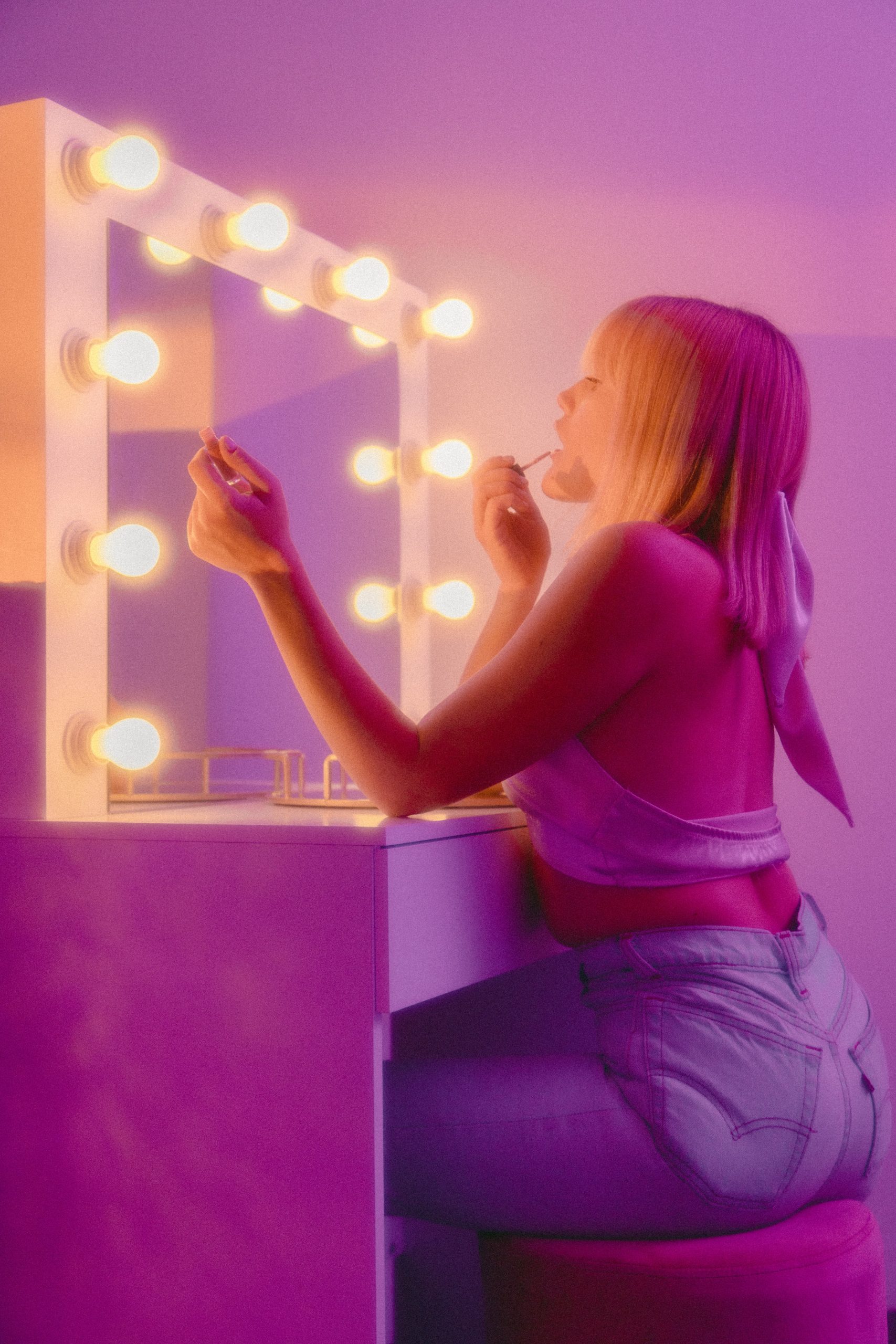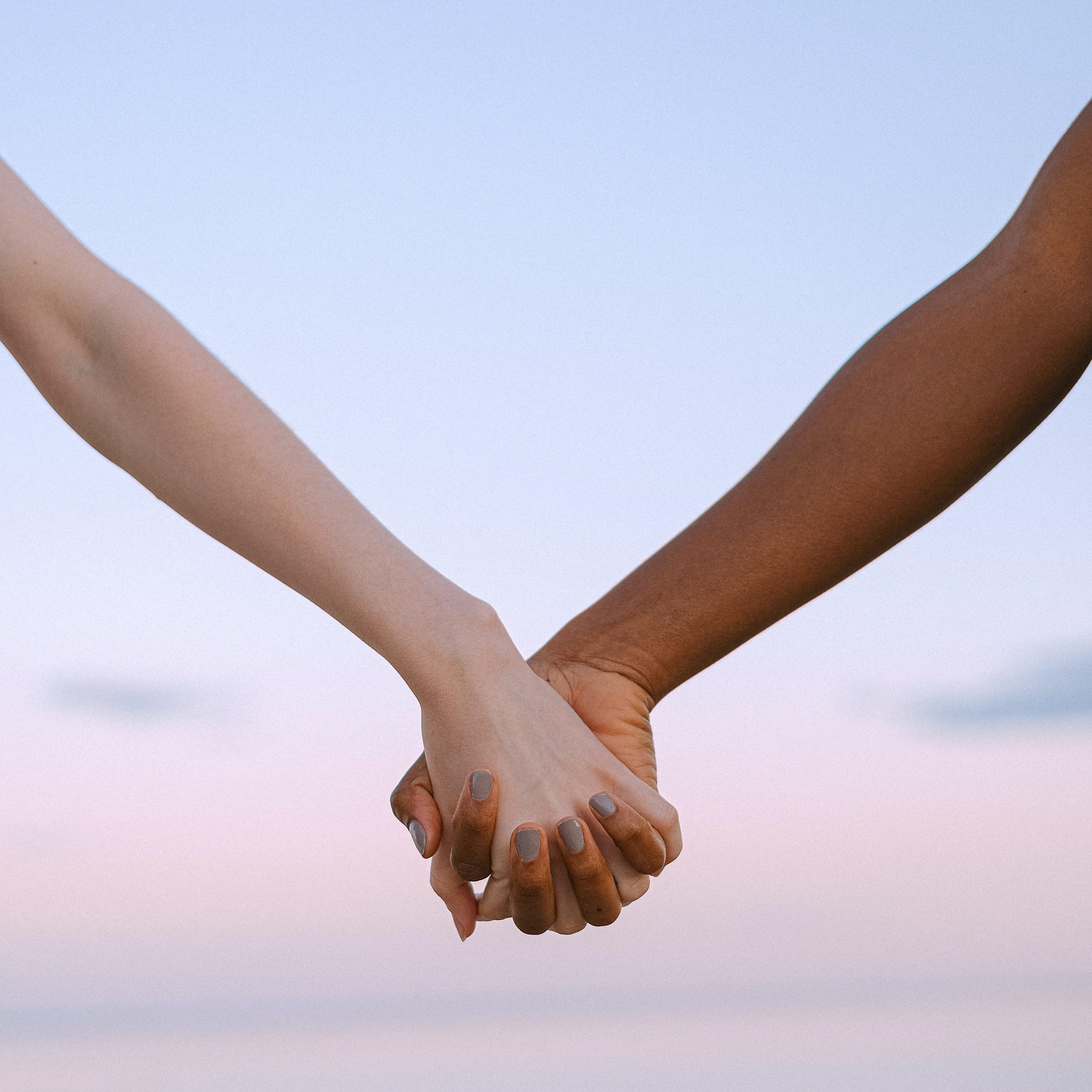A popular trend online is for us Millenials to show off photos from our awkward teenage phases. Maybe we thought inch-thick orange foundation and racoon eyeliner was an essential part of any look. Perhaps our fringe covered the majority of our faces (and led to some very painful conjunctivitis). Or, jeggings and ugg boots was the height of fashion, and suitable for any occasion. The point is, we looked awful, but we loved it. But will teens today have to “suffer” through this part of coming-of-age? So much of social media is basically instruction on how you should look, that there’s no excuse not to know the perfect makeup technics and latest fashions. But with that has come the destruction of teenage self-esteem and mental health.
In MY Day…
If you’ve been around teenagers lately, particularly teenage girls, maybe you’ll have noticed the same thing I have: they’re too well put-together. Hair is styled, make-up flawless and clothing on-trend. Of course this is what many of us aspired to, but I feel the success of teenagers past was lacking. We just didn’t have the online resources available now. We had to rely on magazines of questionable quality, TV, and each other. This, of course, led to interesting and memorable results. Maybe we didn’t look wonderful, but we didn’t know that. What helped was that our pool of comparison was much smaller than it is now. The same things we took style inspiration from we compared ourselves to, but in our case it was just a few celebrities and our real-life peers.
Now we have 13-year-olds with makeup skills better than mine could ever be, or 15-year-olds in outfits that probably won’t make them cringe in 10 years. But are they the lucky ones? True, they know how to style and present themselves, but they are significantly more pressured to do so than we ever were. There was no expectations for us to look flawless at that age. But now, teenagers see endless beauty/lifestyle/fashion/blah influencers, all day every day through social media, and can’t help but compare themselves. Living like this at such a young age is terrible for mental health and self-esteem. Both are declining in today’s teenagers.

Recent reports are confirming these concerns.
A British study published this year by the youth mental health charity stem4, found that “three out of four children as young as 12 dislike their bodies and are embarrassed by the way they look, increasing to eight in 10 young people aged 18 to 21.” The blame is on the massive social media use by this age group (97% of children as young as 12). With average daily use of social media for young people at between 3 and 6 hours a day, the number of photos and videos for teens to compare themselves against is immense. How are kids meant to feel good about themselves when faced with thousands of seemingly perfect people, promoting a false reality?
Across the pond teens aren’t faring better. The American Centers for Disease Control (CDC) released a report describing the “increased sadness and violence” being experienced by teen girls in particular. Whilst social media use isn’t the sole reason for this, it plays a major part. The study reports that 57% of teen girls felt persistently sad or hopeless in 2021, up from 36% in 2011. What has changed over that decade is obvious. Social media has become ubiquitous since then. And with it body-image problems and self-esteem issues have sky-rocketed.
All hope is not lost however.
A study from the American Psychological Association found that when they reduced their social media use by 50%, teens and young adults “saw significant improvement in how they felt about both their weight and their overall appearance.” So the studies being released now are not only showing the damage that social media has caused, but also the positive benefits of reducing our usage. The above study compared those who reduced their social media use with those who maintained it at the same level. They found that in just a few weeks those who reduced it had increased self-esteem. The negative impact of social media is reversible, and it can be done quickly.
LifeBonder exists to try and stop damage like this from continuing in the world. LifeBonder‘s goal is to get us off of social media, and living our lives to the fullest in the real world. The Metaverse shoves utterly unattainable beauty standards in our faces, because that’s what the algorithms are designed to do. It is deliberately harming the lives of teenagers. By existing instead in the Mesaverse, we can see that people don’t all have the smoothest skin and flawless bodies. We’re human, and we should be allowed our awkward teenage phases in peace.



